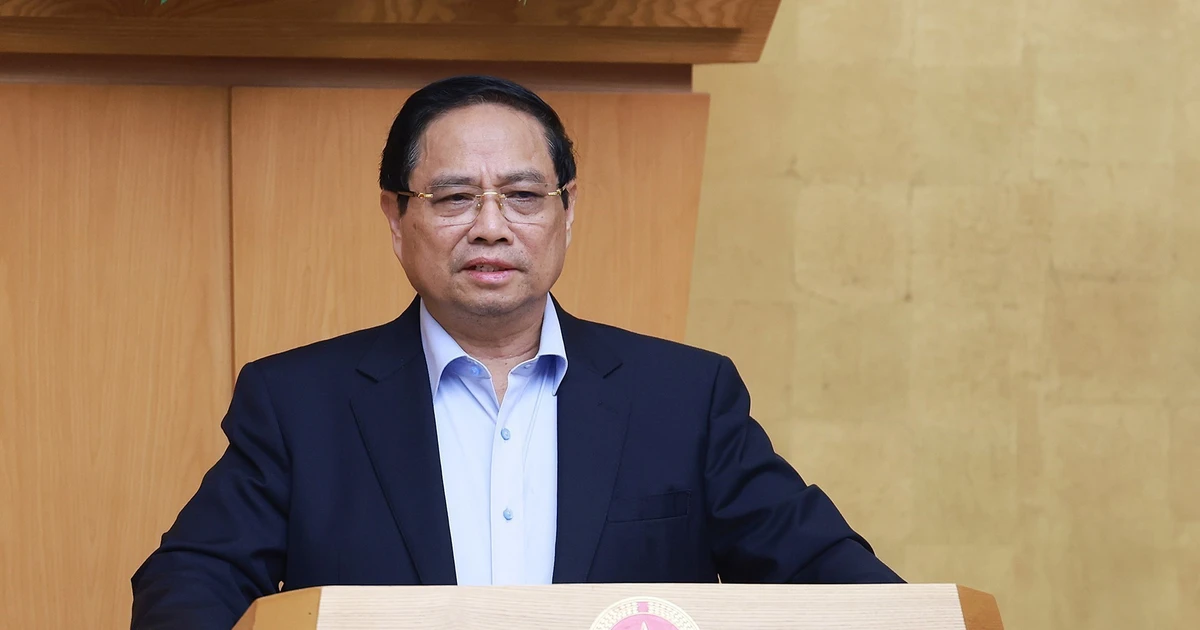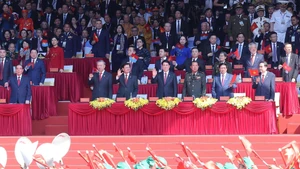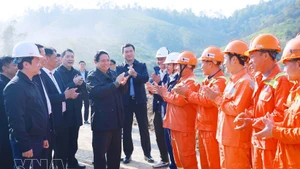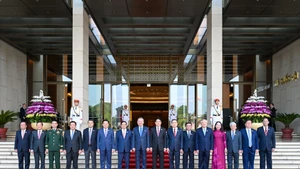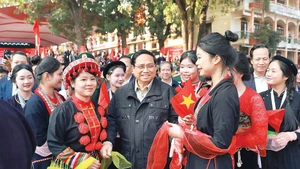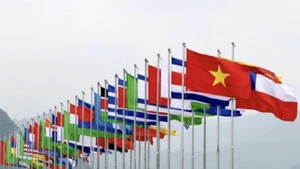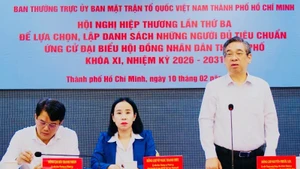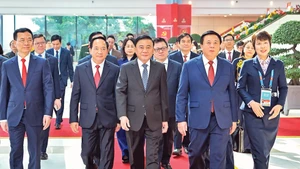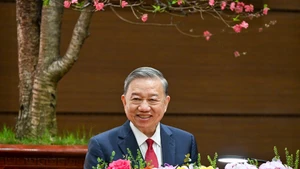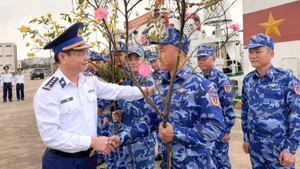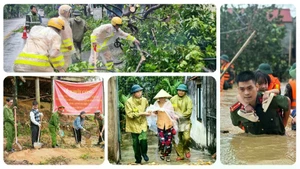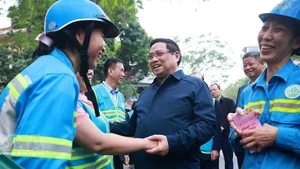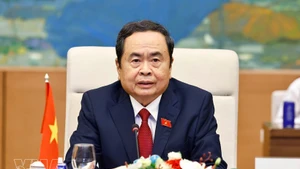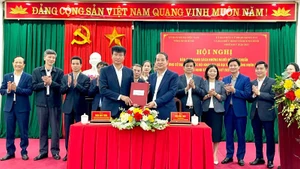At the Government’s second law-making session in September to give opinions on 10 draft laws and one draft National Assembly resolution on September 13, PM Chinh ordered the review of legal obstacles currently hindering citizens and businesses, calling for amendments that would unlock barriers and create enabling conditions for fast and sustainable national development.
During the session, the Government engaged in extensive discussions on draft legislation covering ten proposed laws and one National Assembly resolution. The legislative package included amendments to the laws on anti-corruption, citizen reception, complaints and denunciations, urban and rural planning, construction, tax management, public debt management, insurance business, statistics, pricing, and investment. Meanwhile, the draft National Assembly resolution is about special mechanisms and policies for implementing the Politburo's Resolution No. 59-NQ/TW, dated January 24, 2025, on international integration in the new context.
The PM instructed ministers to continue consulting widely with citizens, experts, scientists, businesses, and relevant organisations to ensure that the drafts are practical and of high quality before being submitted to the 10th session of the National Assembly this October.
He laid stress on the need for reforms in legislative mindset, methodology, and approach in the new situation. The legal system, he said, must provide effective tools for efficient governance and power control, prevent policy abuse for corruption and wastefulness while serving as a foundation for fast and sustainable development.
He noted that legislation should be concise, clear, and easy for enforcement and supervision, and designed to promote post-checks to reduce administrative burdens. Besides, PM Chinh tasked ministries and sectors with overhauling laws to facilitate the revolution in organisational structures, particularly the two-tier local government model, and institutionalising the latest resolutions of the Politburo and directives from central authorities.
PM Chinh demanded minimising administrative procedures, with at least 30% to be streamlined this year, adding that decentralisation must go hand in hand with the enhancement of resources allocation, accountability, and supervision to prevent abuse of power and group interest.
Additionally, the Government leader urged efforts to attract both direct and indirect foreign investment, particularly in green, circular, digital, and high-tech sectors, underscoring the need to launch a national single-window investment portal, design transfer pricing management tools, and help Vietnamese firms integrate into global value chains.
